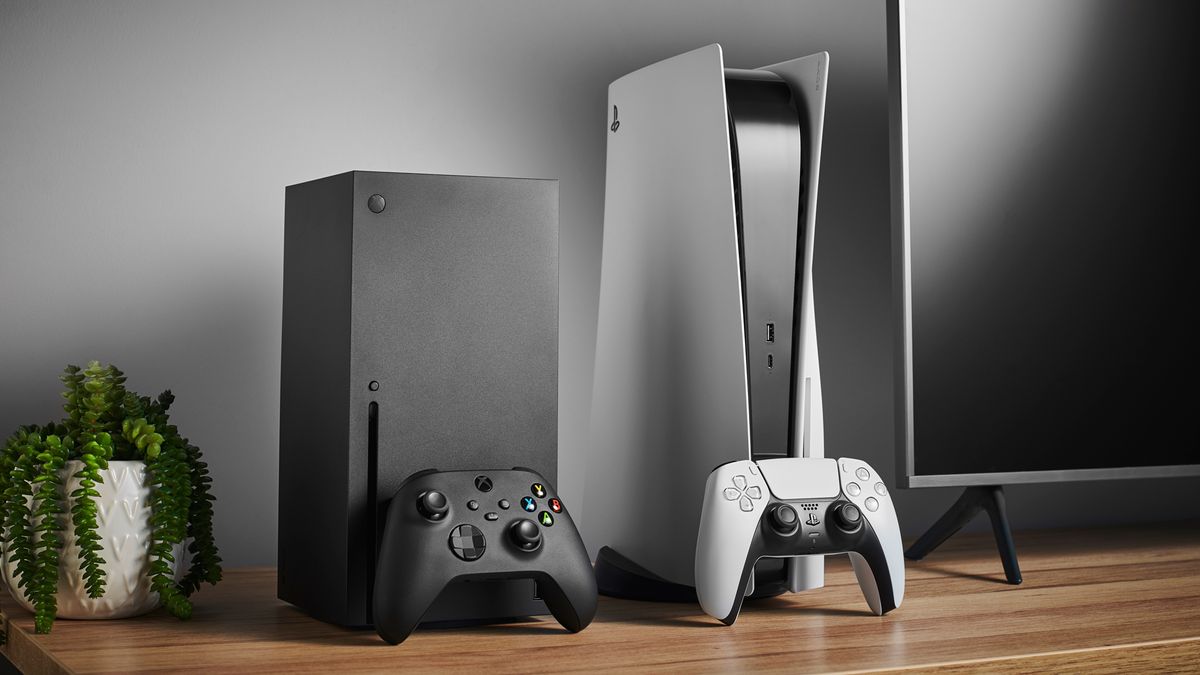
We’ve been ‘thinking with Portals’ for a while now, to the point where being able to step through a hole in the wall and walk out of the wall in the other side of the same room actually makes sense. That’s probably not healthy for your mind, but we haven’t heard of any claims of insanity stemming from extended play of Portal 2. But, as a game designer, where would you go from there? One Unity 3D user has created a tech demo showing exactly where you go from there, with this amazing ‘screenshot’ demo. Check it out:
What’s happening here, essentially, is that the player is creating parallel universes by grabbing a specific moment in time, then playing it out in another ‘window’, which just happens to be in the same room. You can even use it to revisit the past and travel back through to the present when you’re done. It’s literally T.A.R.D.I.S. tech. You know, Time And Relative Dimension In Space. It’s just a tech demo at present, but we wouldn’t bet against Valve taking some ideas from it for Portal 3.
But this does raise some serious questions. For instance, in a few years, (and if Sony gets its way) games could well be indistinguishable from real life and you’ll interact with humans and AI ‘humans’ which are indistinguishable from each other. So, all it needs is one mirror or an idiot friend and you could be copied a billion times in cyberspace. At that point, nobody would know which is the real you. Not even you, potentially – you can be damn sure each clone would be programmed to be damn sure it was real.
Which, logically, means that this could have already happened somewhere, and that it’s way, way, way, way, way more likely that you are not the original you and so, actually, don’t exist.
Like I said, nobody ever went insane from playing Portal 2.
I love that game.
20 Sep, 2011
 Game News Video Games Reviews & News
Game News Video Games Reviews & News



